| One day last summer, I had an errand to do ten minutes’ drive or half an hour’s walk away from home. Even though the route, along a fairly busy road, isn’t particularly pleasant, I prefer to walk, both for the exercise and to feed my writing. So I grabbed my raincoat (it was that kind of summer) and laced up my boots. On the way back, the sun came out at the moment I levelled with a track I’d never previously taken. It was time to investigate. |
| Okay, I thought, that mismatch between expectations and outcome is the kind of seed that can grow into a story. But cemetery stories are too much of a cliché; though I have lots to say about grief, it would be overkill (ouch!) to set it in a graveyard. So what if it was about something different, or it looked at grief in an unfamiliar way? |
If you’re going to read “No Hard Feelings”, this might be the time to follow the link. But please come back, because I’d welcome your views of what I’ve been writing about.
I like emotion-driven fiction, which often entails a focus on the dark side of the emotions we’d rather not have. But there’s one thing worse than painful emotion, and that’s not having any feelings at all.
What, no feelings? If you’ve ever been depressed, you’ll know what I mean. There’s a place beyond sadness where it’s as if the whole system’s closed down. The person might go through the motions of living but, underneath, they’re dead inside. It’s a kind of self-protection (as in this 99-word flash "At Home on the Tennis Court?"), that makes the person, like Ellen in my story, particularly hard to reach.
But how to convey that convincingly? Writing “No Hard Feelings” made me realise how much I rely on even small fluctuations in mood to create a story. I’m not sure I managed to excise emotion from that piece completely and even then I’d made it easier for myself by introducing the checklist from the day centre to highlight there’s something wrong.
| There’s no emotional checklist in my debut novel, Sugar and Snails. Diana struggles almost as much as Ellen, but her vulnerabilities are hidden behind the competent woman with the successful job. I thought I’d achieve this by showing the consequences of her disturbance in a self-harm scene in Chapter 1, but it proved a challenge to get it right. Early feedback suggested readers were puzzled by her detachment, especially as, at that point, she wasn’t able to tell them why. It’s no use my donning my clinical psychologist hat and protesting that that’s exactly the state of mind in which people self-harm. My job as a fiction writer is to show not tell. |
| I made it a little easier for myself and my second novel, Underneath. Although my protagonist, Steve, is detached from his own painful emotions, it’s clear to the reader there’s something deeply wrong. There’s more about this in this series of posts on the mental health issues in Underneath. The Child in the Clothes of the Criminal Victims, villains and vulnerability Compassion for the Criminal, Condemnation of the Crime Child, lover, jailer: The three faces of Steve Fictionalising the Mentally Disordered Offender |
| It’s great to be part of the Stories for Homes project, which is raising money for the homeless charity Shelter. On a slightly smaller scale, Sarah Brentyn is inviting writers to compose flash fiction to support hurricane relief. I’ve tried to join in once already, but was over the fifty-word limit – a case of not having time to write something shorter – and slightly off focus to boot. So I’m having another go. |
| I’m pleased to be posting this in time for World Mental Health Day. Two years ago I posted on mental health dignity in fiction, collating representation in novels across the lifespan. I was unsure initially whether I’d have anything to contribute to this year’s theme of mental health in the workplace, until I remembered my bugbear of the compassionate leave policy that assumes grieving can be completed in three days. Not very helpful, especially in a mental health service! Here’s my flash fiction take to fit with #Flash4Storms: |
– Five stages. A day for each?
– Great! Over within the working week.
– Don’t need a day for denial. Denying can be done at the desk.
– Four days?
– Can’t we drop Acceptance? That’s when you’re over grief.
– Three days, perfect. Anger, Bargaining, Depression and back to work.

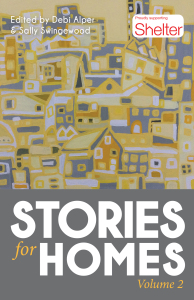


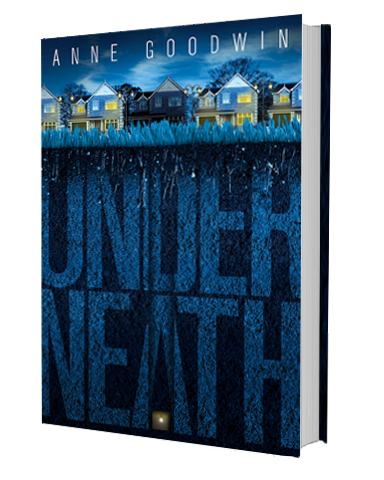
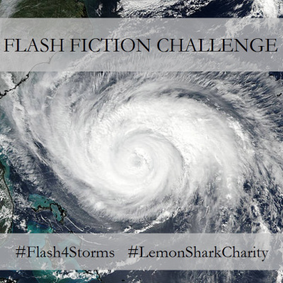
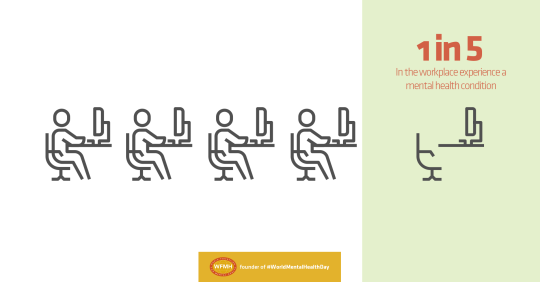
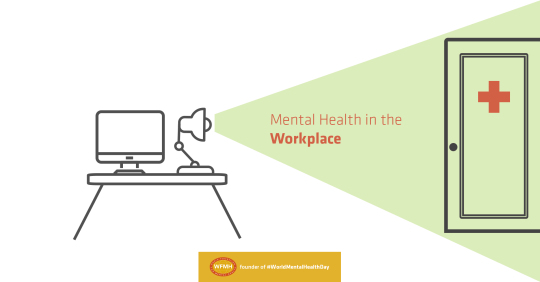






















 RSS Feed
RSS Feed





















